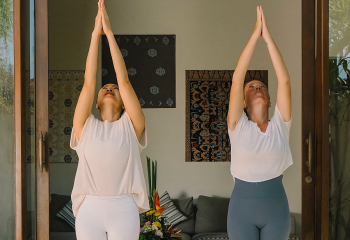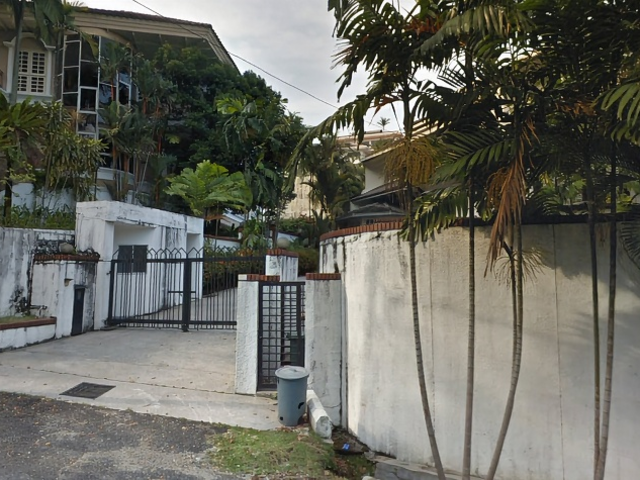More About Rehabs with Expressive Arts
Expressive arts for addiction and mental health recovery engage clients in creative activities to promote self-expression, self-awareness, emotional healing, and personal growth. These therapies include visual arts, music, dance, writing, and drama. The goal is to help clients explore and communicate their thoughts, emotions, and experiences.
Expressive Arts in Recovery
Incorporating expressive arts into your treatment plan provides an outlet to explore recovery challenges. Actively expressing and working through your emotions, through art or drama therapy, for example, can release any blocks you may have difficulty communicating.
Expressive arts therapies can provide a powerful way to process and heal from trauma. These therapies can help you to explore and express deep emotions related to traumatic events. By engaging in activities, such as dance for example, you can access and work through areas of the body that store trauma.
The Benefits of Expressive Arts in Recovery
Expressive arts therapy offers a plethora of benefits to your recovery. Participating in these creative-centric activities stimulates cognitive flexibility and encourages thinking outside the box. You’ll look to break traditional patterns and collaborate with other peers. For example, you might experiment with different notes and sequences in music therapy to get your creative juices flowing. Music engages multiple areas of the brain to enhance neuroplasticity, which then positively influences quality of life.
Opening up about your feelings in rehab feels daunting, especially in a group setting. Expressive art therapies provide a safe, welcoming environment to do just that. You and your peers will have a shared vulnerability through equal participation in community-building activities. This helps everyone build respect for each other's similarities and differences. For example, through a storytelling exercise in drama therapy, you’ll practice empathy for others while building confidence to share your story.
Lastly, expressive arts help you tap into a part of yourself that might be difficult to communicate or keep hidden. It can be a powerful tool for developing a deeper purpose and identity by exploring your true self. For example, through different writing activities, you can let your thoughts flow more freely compared to speaking them.
Incorporating Expressive Arts into Your Recovery
You’ll usually have expressive arts therapies during set times of the week. This could be 3 times a week at 2 pm, or just on Saturdays. Often, rehabs will focus on more traditional therapies during the core program hours, and expressive arts are built in around that. Your care team should align these therapies to complement skills you’re learning in other evidence-based therapies, so you can maximize the benefits.
You’ll likely have a therapist or group leader specializing in specific expressive art therapy.
Your program will have blocked off time for the therapy and provide transportation if needed. They will cultivate an accepting space for you to release and work through your emotions.

























































